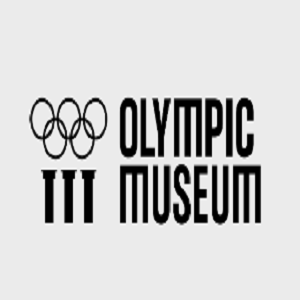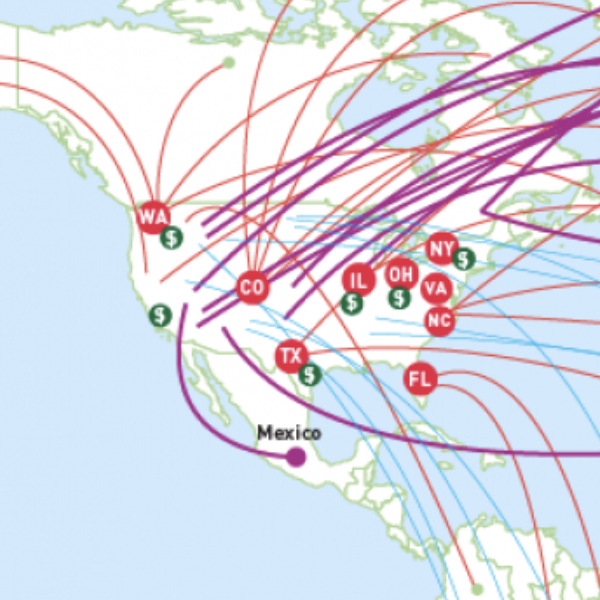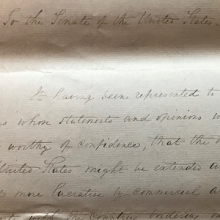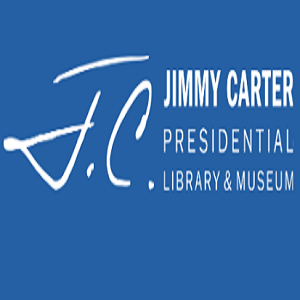Browse
Comparative

Review
Harry S. Truman Library and Museum
Among the student resources, teacher resources, and source databases, users will have access to materials with which they can discuss practically everything that happened in the world during Truman’s life (1883-1973) and even some things outside that time fram
Review
Minecraft Education
Because Minecraft offers such a wide variety of sources and topics, it can be incredibly helpful to teachers. However, because game-based play poses particular risks, such as the possibility that students will not learn and only focus on playing.
Review
Olympic Museum
The modern Olympic Games have become a symbol of international cooperation and sportsmanship. The IOC states that the Olympics are a forum “where the world comes to compete, feel inspired, and be together."
Review
Nobel Peace Center
However, most notable is their partnership with Minecraft Education. The Peace Center offers two Minecraft learning landscapes, Peace Builders and Active Citizen, both are targeted at students aged 8-15.
Review
A Visual Guide to the Cold War
The goal of the site is to facilitate discussion around key themes of the Cold War and provide insight into both American and Soviet perspectives.
Review
Visualizing Energy:
By combining written analysis with data visualizations, this project displays how energy policy can affect health and equity in a way that makes it interactive and easy to understand.
Review
Globalizing US History
The strength of this site comes from the thorough lesson plans included in the modules. Further, the secondary and primary sources included in each would be a good classroom tool.Source
Mandate for Palestine
The Mandate for Palestine was a legal document that established the United Kingdom as a Mandatory in charge of Palestine and Tran

Teaching
Short Teaching Unit: The Omani Empire and the Center of the Emerging Global Economy, 1500-1850
This essay pushes back against European-dominated narratives of world history to suggest that the Omani Empire was a crucial space for the emergence of our present-day system of global capitalism.
